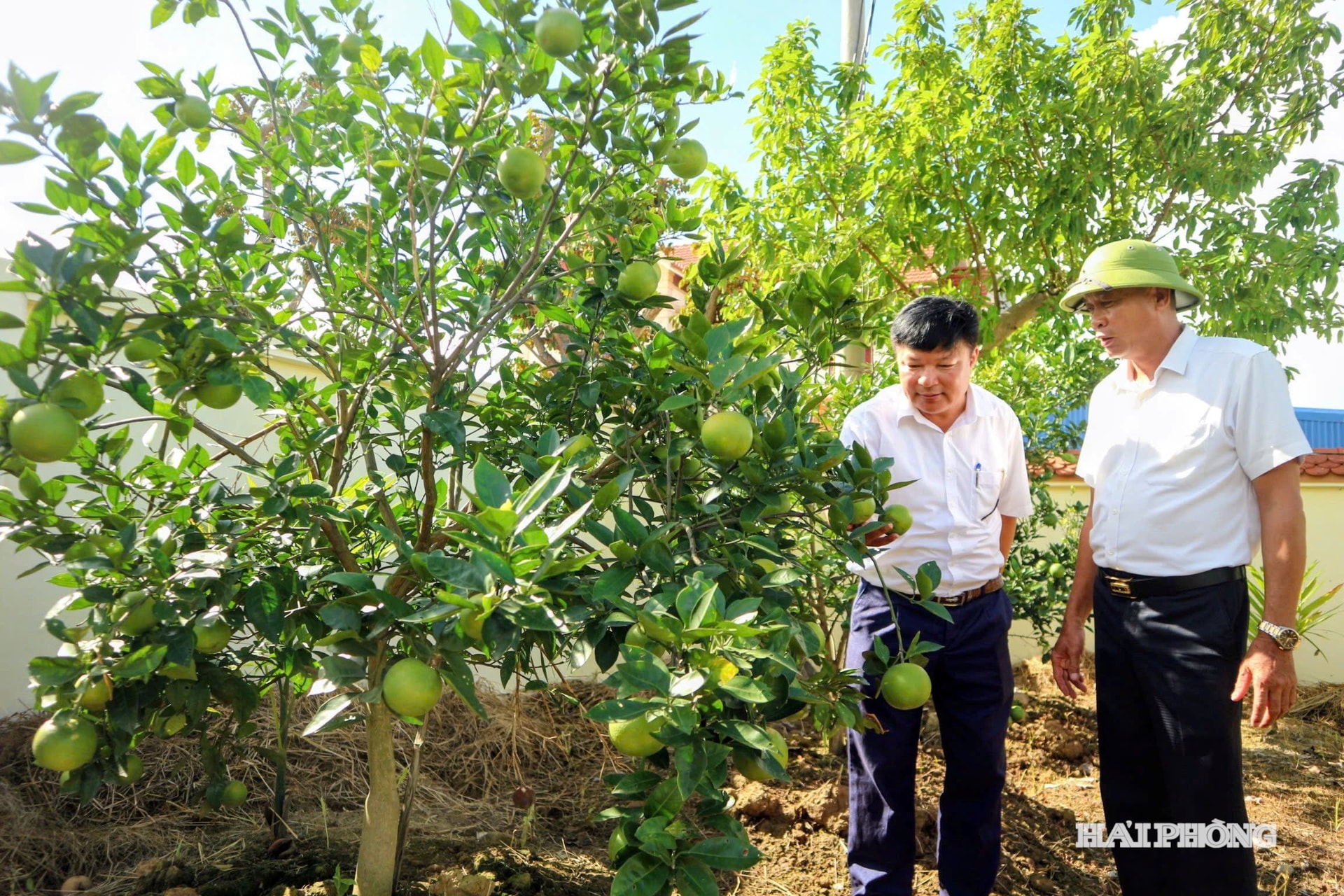
Dong Du oranges used to be one of the typical agricultural products of the Northern Delta region used to pay tribute to the king. According to local people, Dong Du oranges have two types: sugar oranges and lemon oranges. Lemon oranges have high walls, thick skin, turn yellow when ripe, are very sweet, and have a coin-like dent at the bottom, so they are also called coin oranges. The sugar orange variety has small fruit the size of a child's fist, has a very thin skin, and when ripe has a fragrant and sweet taste.
In order to preserve and maintain the genetic resources of Dong Du orange varieties, since the end of 2020, local authorities at all levels have coordinated with the Center for Science - Technology Development and Innovation under the Department of Science and Technology of Hai Phong to successfully propagate oranges and lemons from the remaining trees in Mr. Nguyen Sinh Suy's garden. Along with that, support households to participate in the experimental planting of this orange variety through the Project "Restoring the precious Dong Du orange variety". Participating in this project, people are supported with seeds, fertilizers and technology transfer.
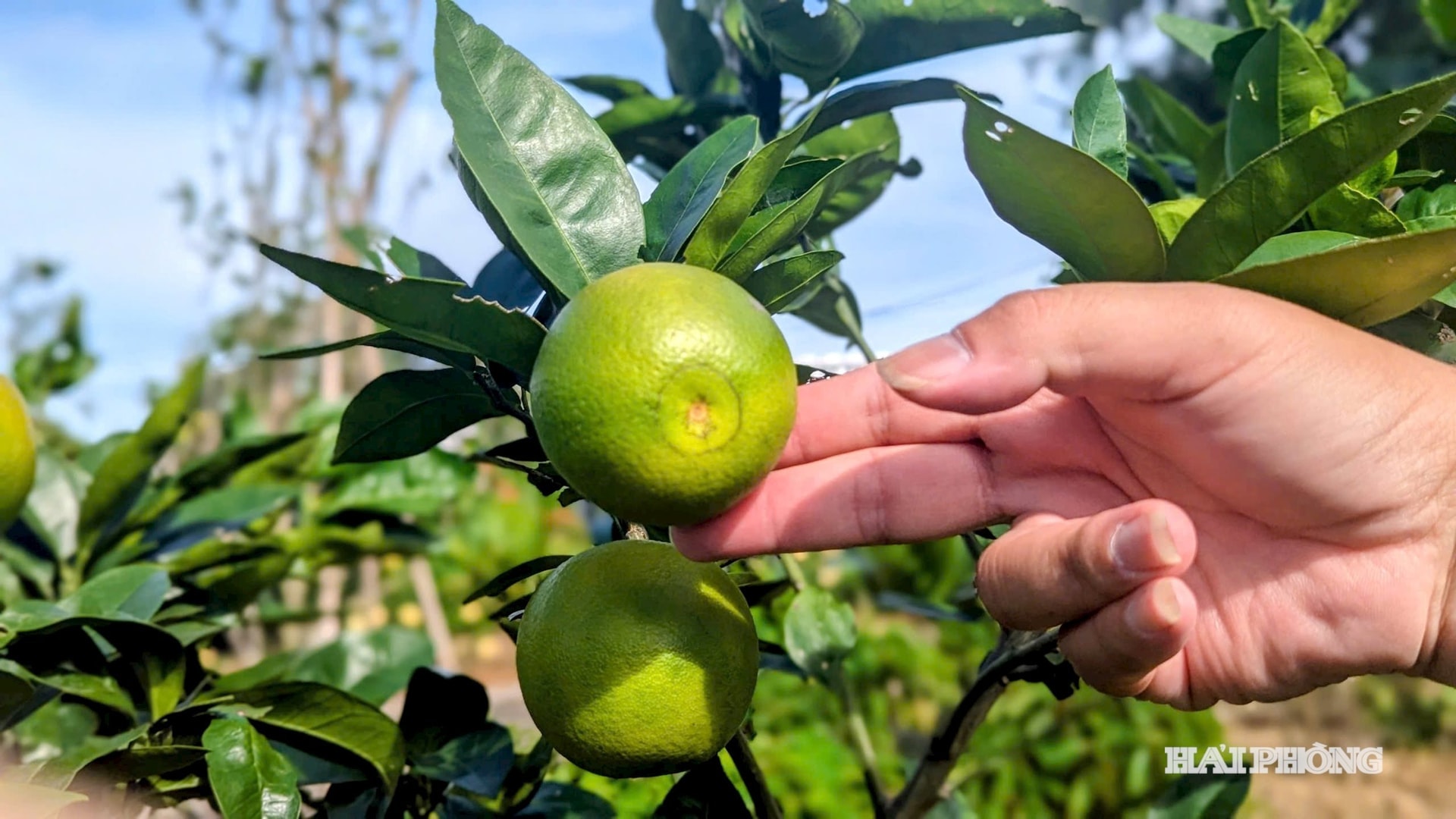
Three years ago, when he learned about the Dong Du orange restoration project, Mr. Do Van Chien actively participated. From an orange variety that was at risk of disappearing, now more than 50 orange trees planted by his family in the grounds of De Tam Temple and his home garden have grown and developed well, many of which are full of fruit.
Mr. Chien said that in the first year of planting, some trees bore fruit but the quantity was small. In the second year (2024), due to the impact of Typhoon Yagi , the planting area was flooded, at that time he thought he could not keep it. However, after the storm, his family restored and kept about 20 trees in the grounds of the Third Temple. He planted the remaining trees in his family's garden.
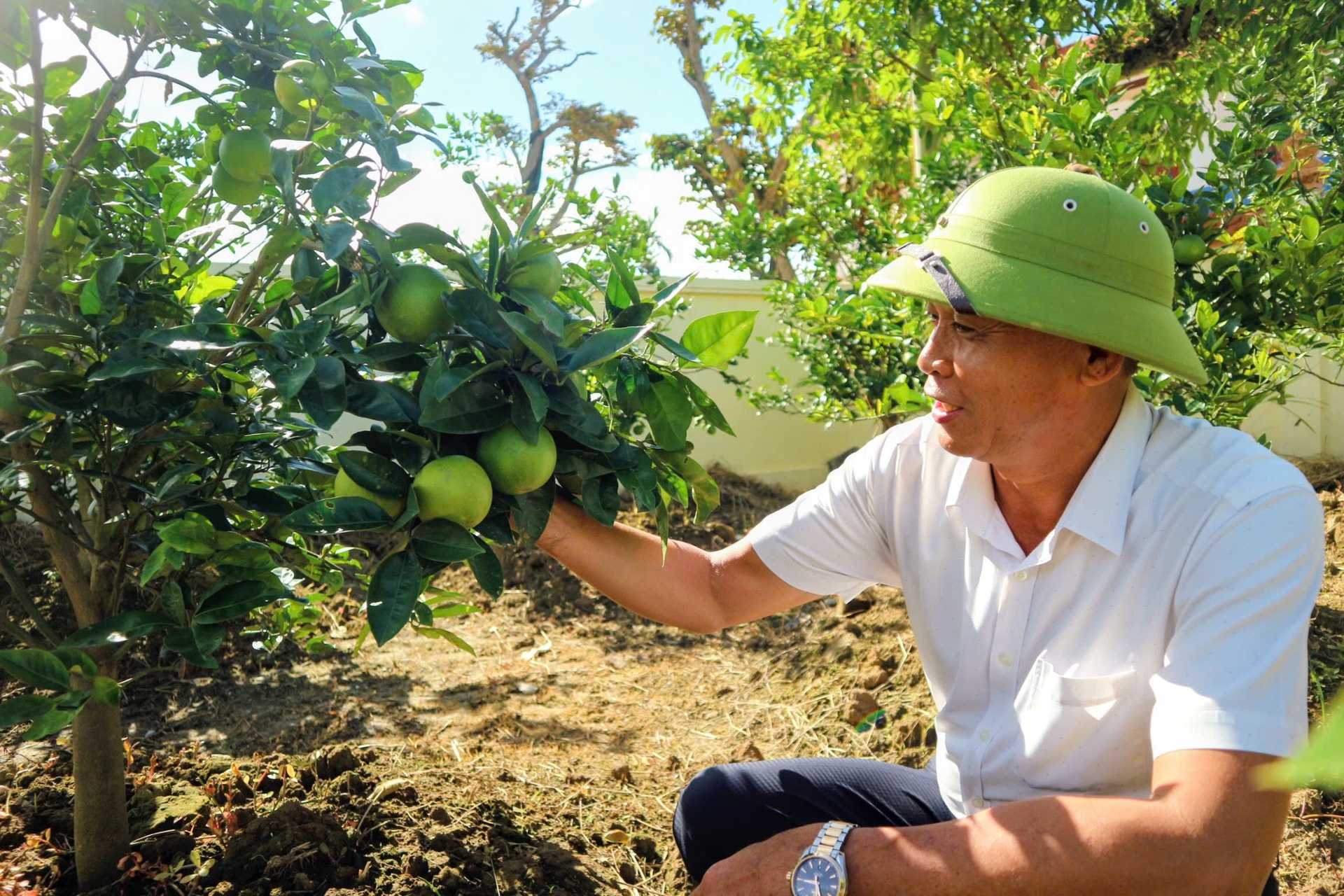
In Mr. Nguyen Sinh Bao's garden in Dan Hanh residential group, Dong Du orange trees are also growing and developing well. Mr. Bao said that at first, his family planted about 40 trees. However, due to the impact of storm No. 3 in 2024, his family has only been able to keep about 20 trees.
Not only Mr. Chien and Mr. Bao's families are planting Dong Du oranges in An Duong ward to restore the precious orange variety of their homeland. Currently, many other households are planting Dong Du oranges in An Duong ward. Nguyen Van Ben, the Standing Vice Chairman of the Vietnam Fatherland Front Committee and Chairman of the An Duong Ward Farmers' Association, said that there are currently about 30 - 40 households participating in planting, with each household planting an average of about 20 trees. The number of orange trees being planted and growing well shows the prospect of successfully restoring the Dong Du orange variety.
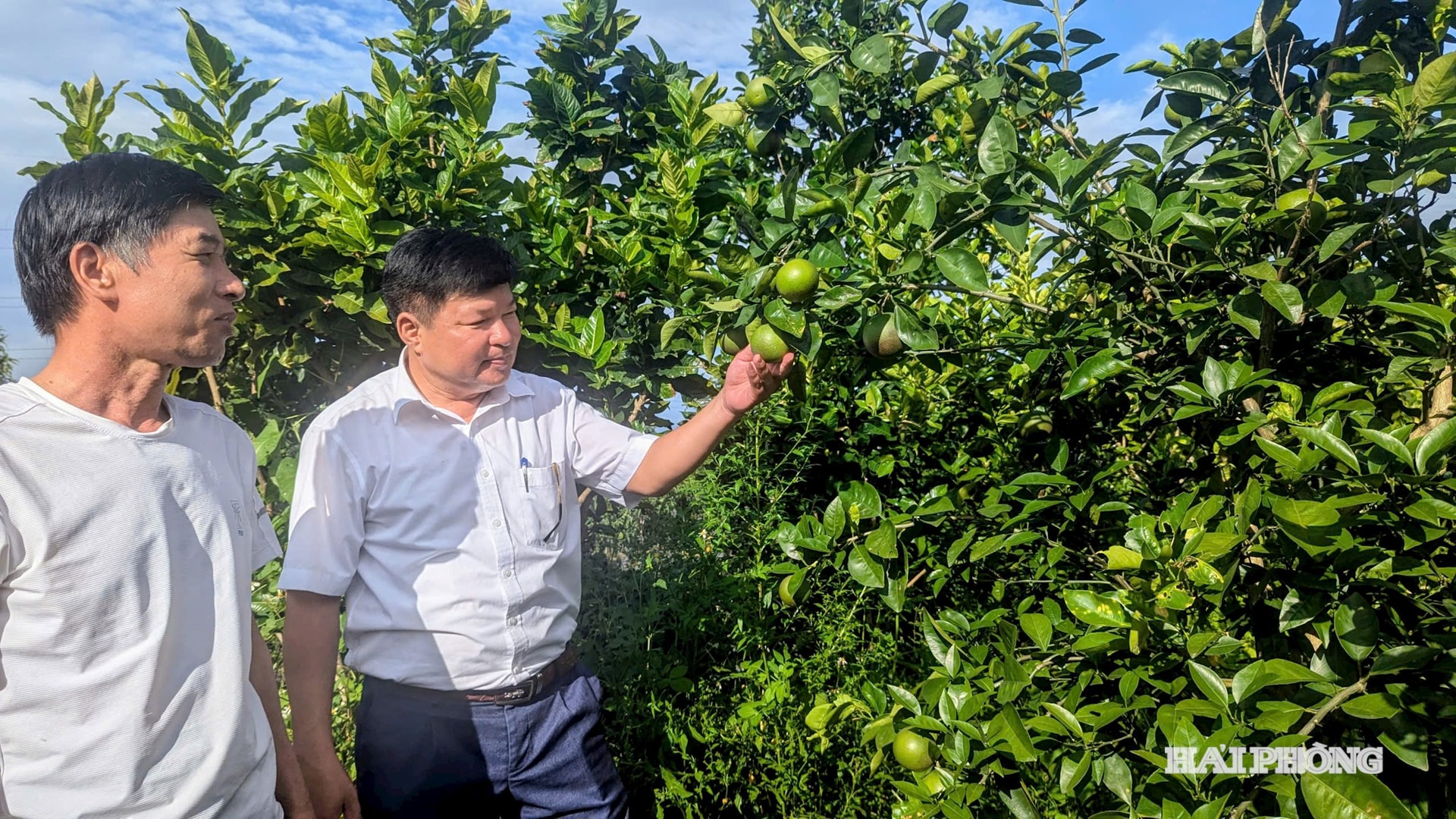
However, from the feedback of households, the successful restoration of Dong Du orange variety is an exciting thing. However, to develop this orange tree into a typical commodity product is still difficult. First of all, there are impacts from the environment, soil quality, and economic value compared to the current strengths of the locality such as peach, kumquat...
Besides, because it is a fruit that is eaten immediately, people have to worry about harvesting it. In addition, this type of tree is often affected by yellow leaf disease caused by a virus, but there is no effective way to treat it.
In 2005, the local government cooperated with the Plant Breeding Institute under the Ministry of Agriculture and Rural Development (now the Ministry of Agriculture and Environment) to pilot the project of "restoring the royal orange variety of Dong Du village" by cutting buds and grafting. At first, people also actively responded to this project. As a result, a large area of Dong Du oranges was grafted and grew well for harvest with delicious, sweet fruit. However, by 2008, people had cut down the oranges themselves to plant other trees because the economic efficiency was not as high as expected.
According to Mr. Nguyen Van Ben, to restore and develop Dong Du oranges requires continued guidance and support from agencies and functional units. In the coming time, the Ward Farmers' Association will review the participating member households; coordinate with agencies, functional units, and enterprises in training and providing scientific and technical guidance to support households to continue actively participating in restoring and promoting the value of Dong Du orange varieties.
MINH CHAMSource: https://baohaiphong.vn/an-duong-khoi-phuc-giong-cam-tien-vua-521193.html


![[Photo] Prime Minister Pham Minh Chinh chairs a meeting of the Government Standing Committee to remove obstacles for projects.](https://vphoto.vietnam.vn/thumb/1200x675/vietnam/resource/IMAGE/2025/10/06/1759768638313_dsc-9023-jpg.webp)





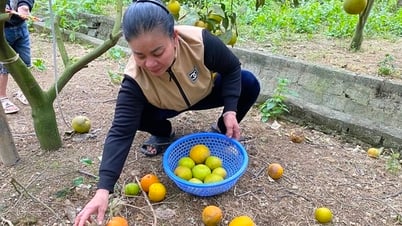




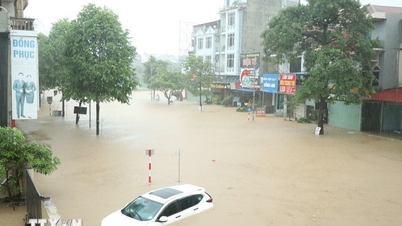


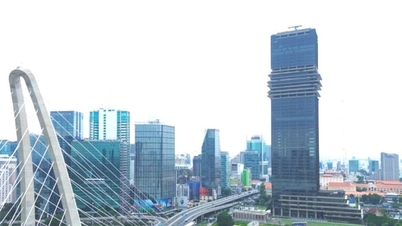











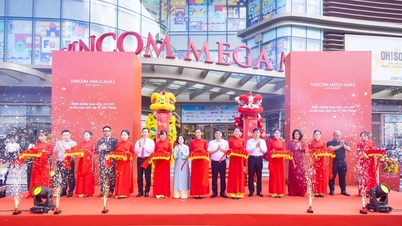
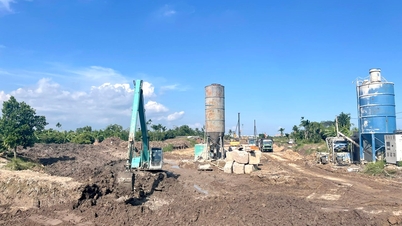
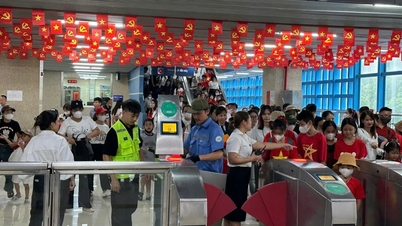
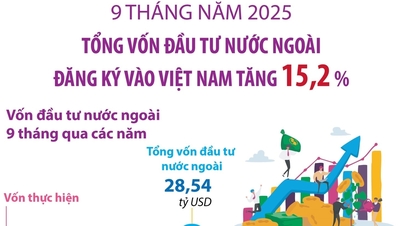

















































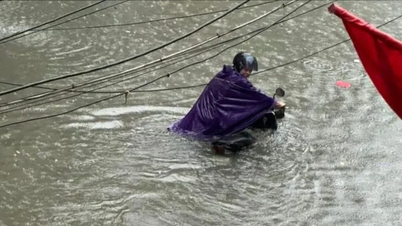



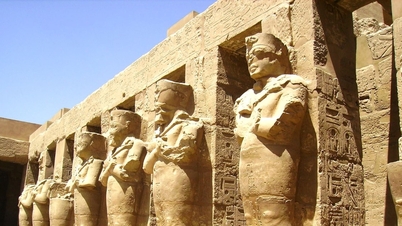











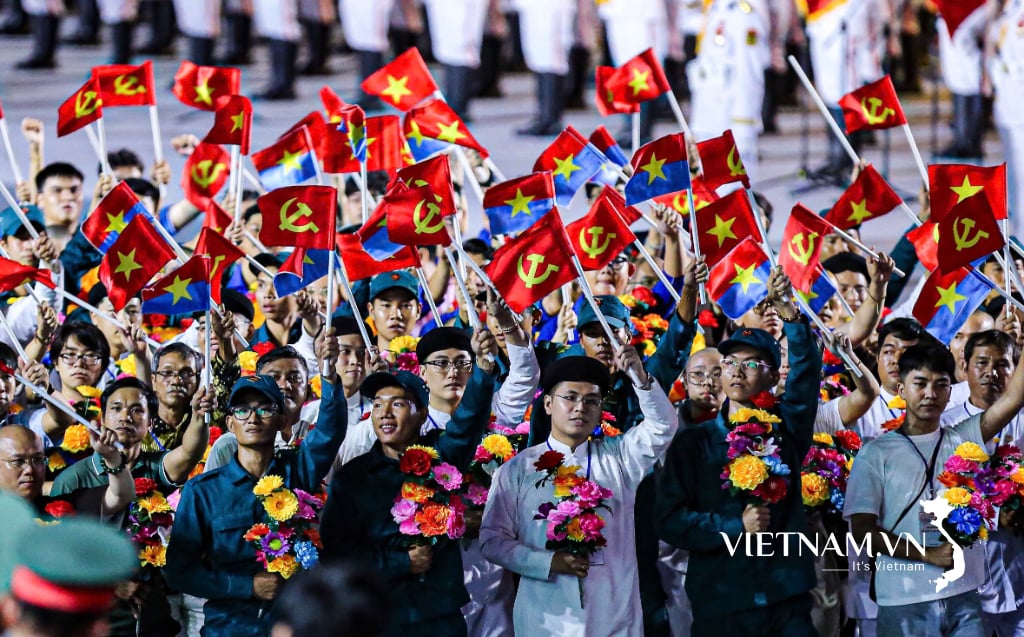


Comment (0)